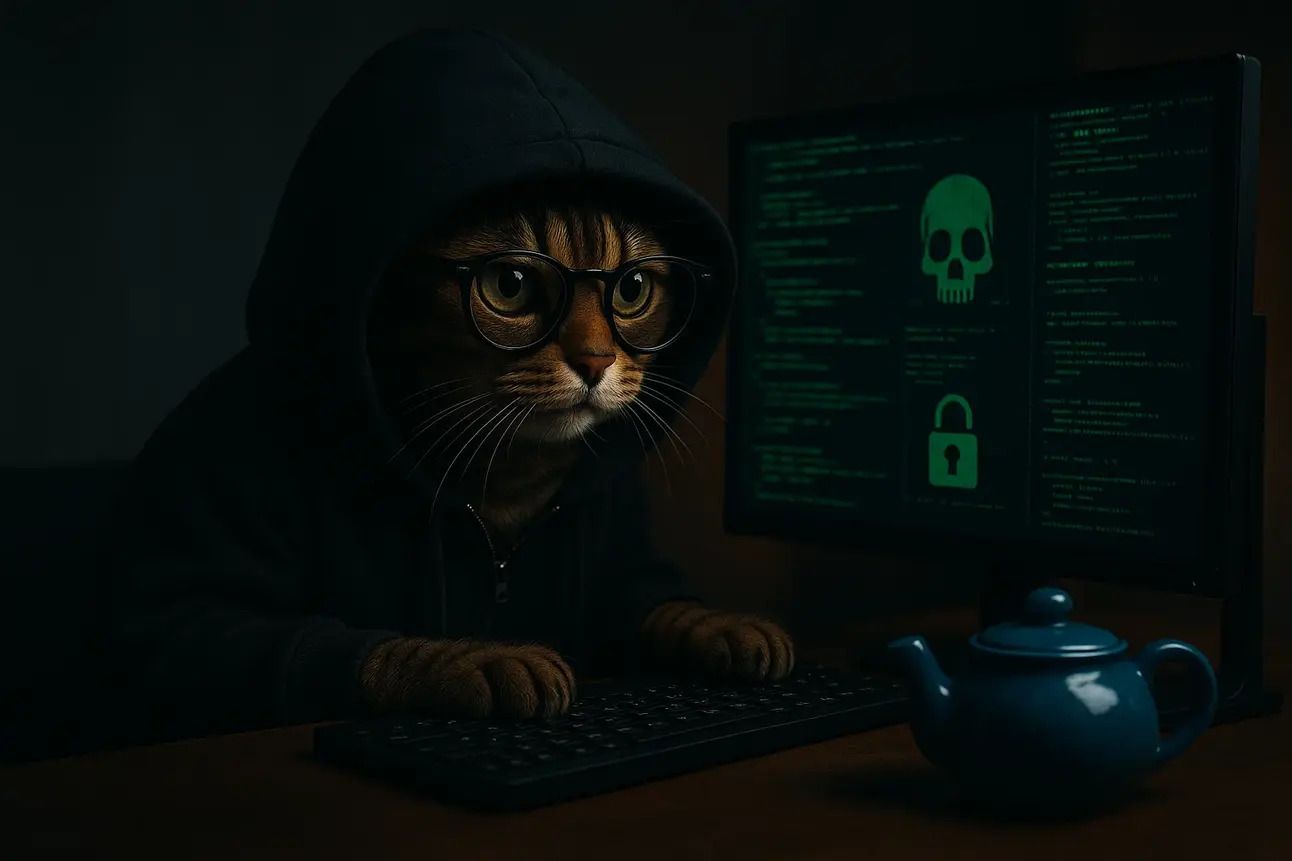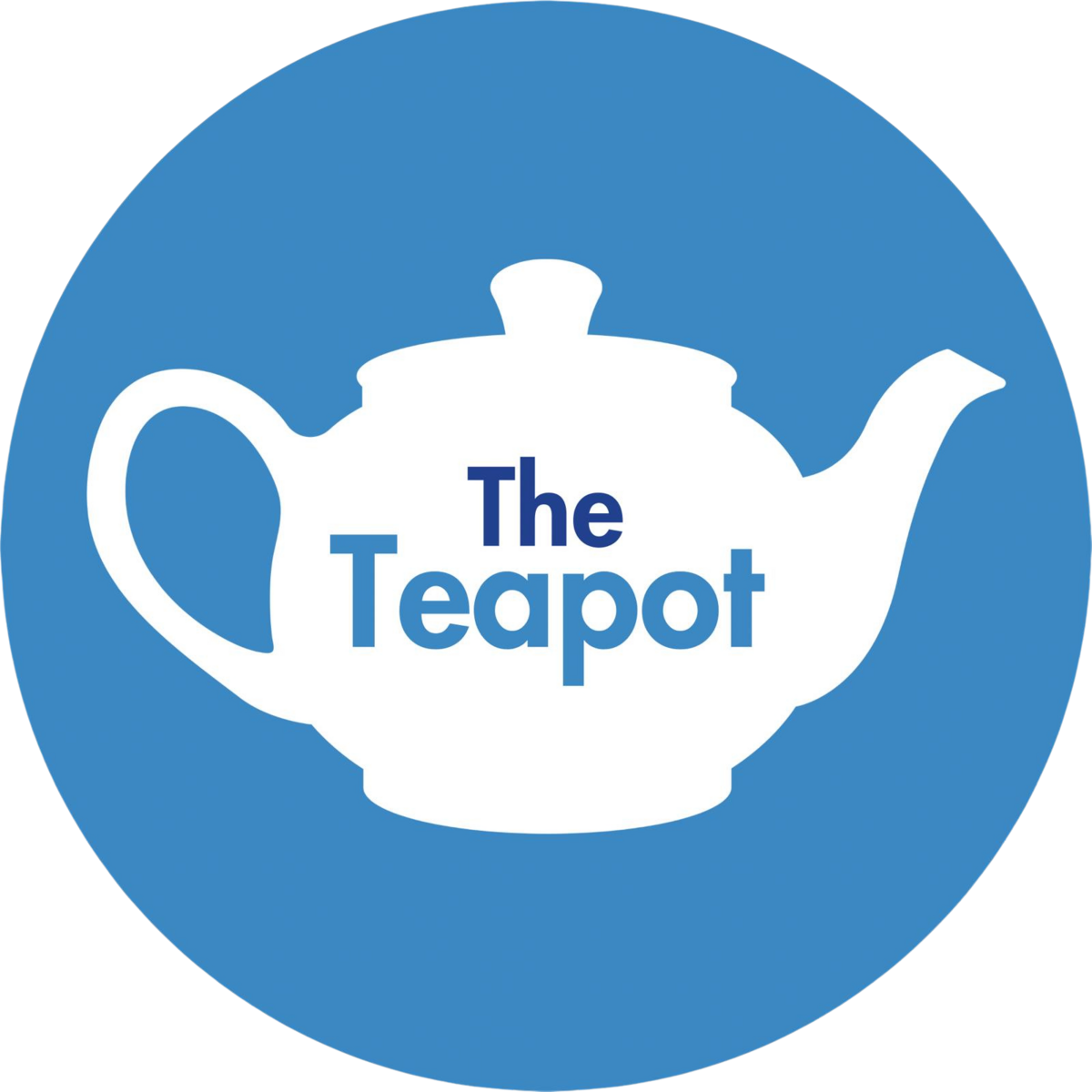Happy Monday. While some companies pride themselves on wellness and wellbeing benefits, Deloitte US might’ve built the best one yet. Already offering $1,000 wellness subsidies for items including fitness classes, spa services and cooling fans is impressive enough, they’ve now gone one better.
In order to “empower and support your journey toward thriving mentally, physically, and financially”, they’ve updated their subsidised wellbeing products list to include Lego. You could finally justify buying that football stadium set you don’t have room for. Who says accountants don’t know how to have fun?
Also, Father’s Day yesterday. He probably didn’t know until you gave him a card. Go on the dads! 👍
MARKETS
| FTSE 100 | £8,850.63 | +0.21% |
| FTSE 250 | £21,173.33 | -0.53% |
| GBP/EUR | €1.1742 | -1.06% |
| GBP/USD | $1.3565 | +0.20% |
| S&P 500 | $5,976.97 | -0.48% |
Data: Google Finance, 5-day Market Close
Notable UK earnings this week: Ashtead Group (AHT), Berkeley Group (BKG), Assura Plc (AGR), AO World (AO), Halfords (HFD), Speedy Hire (SDY).
Notable US earnings this week: Oracle (ORCL), Adobe (ADBE), Chewy (CHWY), Gamestop (GME).
📈📉
PROJECT WATCH
🏗️ 27 Winners named for Govt’s £2.6bn NHS modular building framework. Read more
🌊H2SEA selected for offshore hydrogen production study. Read more
☢️ Government to commit £14.2bn granting Sizewell C nuclear platn go-ahead. Read more
BUSINESS & FINANCE
Economy hits (another) speed bump in April
Just in time for the great British summer, the economy’s decided to take a breather. GDP fell 0.3% in April, making it the biggest monthly stumble since October 2023. A little more than the 0.1% economists forecast. Oops. Finance Minister Rachel Reeves called it “clearly disappointing,” which is civil servant-speak for “absolutely pants.”
Why the dip? Put simply: blame Trump, houses, and legal wrangling. As if estate agents didn’t already have enough to moan about, the end of a temporary tax break on property sales helped hammer service sector output—a hefty slice of UK GDP. Property and legal activity more or less locked themselves in a room with a bottle of gin in April, dragging the whole sector down by 0.4%.
Jerking the handbrake even harder was Trump's rather generous 10% goods levy and a fresh dose of US tariffs. Despite the UK being the only major economy to seal a trade deal with the US, British exports to our former colony dropped by £2 billion—the worst nosedive since records began in 1997, back when we were still rewinding VHS tapes and dialling up the internet.
Meanwhile, construction put on its hard hat and did its best to keep things from crumbling entirely, growing 0.9% in April—points for effort. Manufacturing? Not so much. Down 0.9%. Car makers in particular are feeling the drag, with exports to both the EU and US sputtering like a diesel in a low-emission zone.
M&S clicking back into gear with online orders
Marks & Sparks is finally unzipping the dust cover on its online shop. And while they’re not quite striding down the virtual catwalk just yet, fashion items are now available to order for home delivery across England, Scotland, and Wales. Northern Ireland will have to wait their turn, with click and collect still brewing in the system somewhere between “soon” and “not yet.”
That cyber attack back in April didn’t just freeze mouse pointers — it put a serious dent in M&S’s operations. Payments, deliveries and those sweet, sweet Percy Pig restocks all got caught in the digital snarl-up. They've been carefully peeling back the outage, one overworked server at a time, and according to their top brass, fashion leads the comeback. Though one customer says the menswear section looks like a tumbleweed blew through it — unless you’re fond of wearing “out of stock” in every size and colour.
The cost of the cyber invasion? A cool £300 million slashed from the company’s forecasted profits — a bit of a kick in the shins considering that’s nearly a third of their annual bottom line. Ouch. The insurer's cheque isn’t expected to cover all of it, either, so it’s back to slogging it out in the post-Brexit, post-pandemic, pre-election high street rumble.
POLITICS
Sizewell C shenanigans, fission mission or folly by the sea?
Buckle up, Suffolk – the government’s dropping £17.8bn on a nuclear power plant next door and calling it a clean energy revolution. Sizewell C, the soon-to-be twin reactor beast on the coast, promises to power six million homes, fuel 10,000 jobs, and keep the kettles boiling well into the 2090s. What could possibly go wrong?
Quite a bit, say the protest placards. Opponents fear it’ll bulldoze nature reserves, guzzle up water, and potentially go Chernobyl-lite if things wobble. Add in the radioactive waste, budget risks, and charming déjà vu of other over-promised mega-projects (HS2, anyone?) and you’ve got a classic British showdown: climate ambition vs coastal anxiety.
Still, the government insists this isn’t your grandad’s nuclear nightmare. It’s the backbone of our net-zero dreams. Green-ish, carbon-free-ish, and conveniently not dependent on geopolitically dicey gas pipelines. Nuclear: it's back, it's expensive, and it's glowing with potential (figuratively, we hope).
Britain wants to build bots
London Tech Week, PM Keir Starmer channelled his inner Silicon Sage, proclaiming the UK must become an "AI maker, not an AI taker". There’s £187 million on the table for student training, Google and Microsoft are in on the action, and a supercomputer’s now back on the wishlist after being ditched in round one of budgeting.
Starmer's vision is bold: an AI-skilled population, 7.5 million trained workers by 2030, and schools handing out machine learning like lunch tokens. But beneath the applause lurks the whiff of irony – the UK’s creative industries are still smarting after the Data Bill steamrolled through without protecting them from AI training theft. (Dua Lipa, Elton John, and the ghost of Shakespeare all screamed into the void).
Sponsored
Discover the many benefits of global hiring
Global hiring and remote work are rising. Deel’s here to help. With our Business Case for Global Hiring Guide, we’ll guide you through everything.
Learn more about:
Benefits of global hiring
Global hiring methods
Costs of global hiring
Solutions to global hiring challenges
Isn't it time you dive into a world of global hiring capabilities? Explore the ins and outs of global hiring with our free, ready-to-use guide.
ACROSS THE POND
Trump fortune now more crypto than real-estate
Once upon a time, Donald Trump was building his empire on bricks and mortar - now he’s constructing one on blockchain and Bitcoin. Over nearly half a century, he grew his father’s property empire into a $2.5 billion fortress. Now, nearly 60% of his fortune, an estimated $3.3 billion of his snazzy $5.5 billion treasure chest, is nestled in the shimmering realm of cryptocurrencies.
The President’s latest chapter involves turning Trump Media and Technology Group into a crypto powerhouse. After Truth Social’s modest performance—more modest than a vicar's tea party—Trump turned his attention to Bitcoin. Investors were charmed, and a $2 billion stock-and-debt manoeuvre later, Trump had turned his digital dream into a crypto reality, pushing the company’s valuation to stratospheric heights.
The crypto magic doesn’t stop there. Trump’s digital card venture in 2022, something between a collectable fad and a quick buck bingo, added millions to his digital cache. His World Liberty Financial escapade with Steve Witkoff’s family netted a tidy $390 million. Never one to leave potential gold, or digital currencies, unmined, Trump also launched the $TRUMP memecoin - making him a cool $315 million faster than you can say “conflict of interest”.
But it’s not all sunshine and digital roses. The real estate arm of Trump’s business seems like it's been hosed down none too gently. A waterlogged Wall Street tower and stagnant properties in Palm Beach tarnish his story.
College athletes set for a windfall
In a historic U-turn, the NCAA (National Collegiate Athletic Association) has agreed to cough up $2.7 billion in a landmark settlement that finally gives U.S. college athletes a share of the riches they help generate.
After years of insisting on "amateurism" (while raking in primetime TV deals with sports broadcasters), the NCAA will now allow schools to pay athletes up to $20.5 million a year starting next season. It also includes back pay for thousands of former players who missed out. The whole thing stems from a legal battle led by athletes who rightly asked, “Why are we broke while you're making billions off our names?”
So, while you’re remembering the days of drowning in your overdraft and almost scoring the winner in your varsity fixture - you might want to contemplate life if you’d learned to play basketball and taken a scholarship for uni! Still.. good new on those 2-for-1 Domino’s vouchers, right?
TECH

Copywrong at Disney
Mickey Mouse has gone full legal eagle. Disney and Universal have launched a lawsuit against image-generating AI firm Midjourney, calling it a "bottomless pit of plagiarism." Their gripe? The AI is conjuring up fan-fantasy images of Darth Vader doing yoga, Elsa wielding a flamethrower, and Spider-Man… well, just Spidermanning, but without permission.
The studios say Midjourney’s prompts generate “innumerable” images of iconic characters, violating copyright faster than you can say “use the Force.” Midjourney, which made a cool $300 million last year, is staying schtum. But with AI already remixing actors’ faces, voices, and childhood dreams, this lawsuit could be Hollywood's final boss battle.
Meanwhile, the UK’s Data Bill has passed, minus the copyright protections Sir Elton and Dua Lipa sang so loudly for. Parliament ping-ponged over it like it was Wimbledon with wigs, but in the end, AI firms dodged any obligation to disclose what creative content they’re training on. Artists call it daylight robbery. Government calls it "unlocking economic growth." The rest of us call it: "let's just hope AI doesn't write the next Love Actually."
Driverless drama
Uber is bringing robotaxis to London a year ahead of schedule, partnering with UK firm Wayve for autonomous vehicles without safety drivers. You may soon hail a car that has no idea who you are, but does know where you live. The government's banking on it bringing in £42bn by 2035; unions, understandably, are twitchier than a self-driving car in rush hour.
And speaking of twitchy, Ofcom is now investigating 4Chan, seven file-sharing sites, and a porn site for failing to meet the UK's new Online Safety Act standards. 4Chan is accused of ignoring illegal content risk assessment which is an astonishing development for a site that’s basically the Wild West with a login screen.
WORLD
Barcelona’s wet protest season
This weekend, tourists in Barcelona got a little more agua than they bargained for – not from the Med, but from locals armed with water pistols. As temperatures rise, so too does the backlash against mass tourism.
Protesters across Spain, Italy, and Portugal took to the streets (and, rather cheekily, the squirt guns), calling for limits on the tidal wave of short-term lets. In Ibiza, locals are reportedly living in makeshift camps without water or electricity.
Vietnam joins the B-club
Meanwhile, over in global geopolitics, Vietnam has officially joined the Brics bloc—not quite as a member, but as a “partner country”. It’s the diplomatic equivalent of getting a guest pass to an exclusive club and being told to stand by the canapés.
With a booming economy, 100 million citizens, and a desire to play a bigger role in shaping the post-Western order, Vietnam's joining marks Brics’ push to grow its global south charm offensive. It now joins nine other partners-in-waiting (including Nigeria, Kazakhstan and Malaysia), all eyeing influence without the paperwork of full membership.
It’s not just about bragging rights. Vietnam now gets a foot in the door with the New Development Bank, the Brics bank with a “no IMF strings attached” model. Expect Hanoi to play the long game—and perhaps one day graduate from canapé to cocktail.
Not armless, now chairless
In Verona, a crystal-covered chair has met a tragic (if sparkly) end. A couple visiting the Palazzo Maffei museum decided the best way to appreciate a Swarovski-encrusted Van Gogh tribute was to sit on it. Spoiler alert: it broke.
CCTV shows a man dramatically tumbling onto the fragile foil-frame artwork, smashing it to pieces, and then dashing off faster than you can say “please don’t touch the exhibits”. The museum director called it a “nightmare” – we call it the unofficial sequel to National Treasure: The Tourist Fiasco. Luckily, the chair has been restored and now sits once again.
Sponsored









